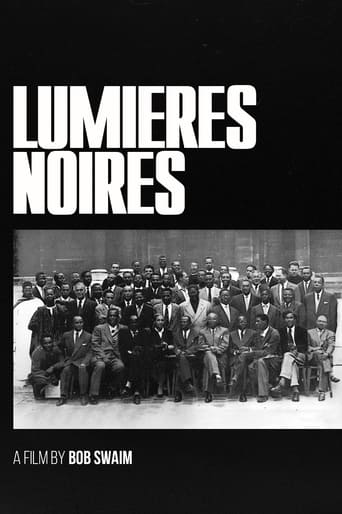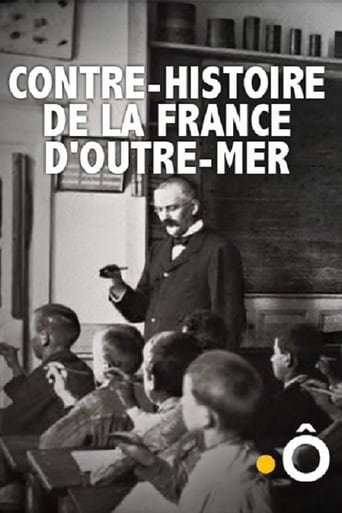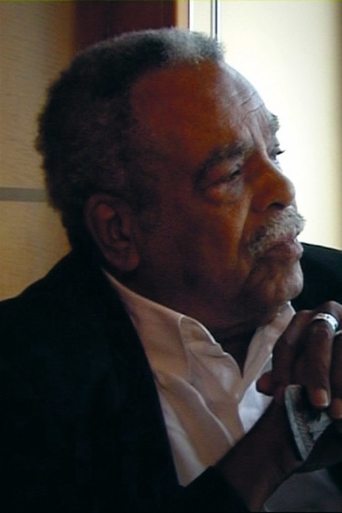
Edouard Glissant
Édouard Glissant (21 September 1928 – 3 February 2011) was a French writer, poet, philosopher, and literary critic from Martinique. He is widely recognised as one of the most influential figures in Caribbean thought and cultural commentary and Francophone literature. Édouard Glissant was born in Sainte-Marie, Martinique. He studied at the Lycée Schœlcher, named after the abolitionist Victor Schœlcher, where the poet Aimé Césaire had studied and to which he returned as a teacher. Césaire had met Léon Damas there; later in Paris, France, they would join with Léopold Senghor, a poet and the future first president of Senegal, to formulate and promote the concept of negritude. Césaire did not teach Glissant, but did serve as an inspiration to him (although Glissant sharply criticized many aspects of his philosophy); another student at the school at that time was Frantz Fanon. Glissant left Martinique in 1946 for Paris, where he received his PhD, having studied ethnography at the Musée de l'Homme and History and philosophy at the Sorbonne. He established, with Paul Niger, the separatist Front Antillo-Guyanais pour l'Autonomie party in 1959, as a result of which Charles de Gaulle barred him from leaving France between 1961 and 1965. He returned to Martinique in 1965 and founded the Institut martiniquais d'études, as well as Acoma, a social sciences publication. Glissant divided his time among Martinique, Paris and New York; since 1995, he was Distinguished Professor of French at the CUNY Graduate Center. Before his tenure at CUNY Graduate Center, he was a professor at Louisiana State University in the Department of French and Francophone Studies from 1988 to 1993. In January 2006, Glissant was asked by Jacques Chirac to take on the presidency of a new cultural centre devoted to the history of slave trade. Shortlisted for the Nobel Prize in 1992, when Derek Walcott emerged as the recipient, Glissant was the pre-eminent critic of the Négritude school of Caribbean writing and father-figure for the subsequent Créolité group of writers that includes Patrick Chamoiseau and Raphaël Confiant. While Glissant's first novel portrays the political climate in 1940s Martinique, through the story of a group of young revolutionaries, his subsequent work focuses on questions of language, identity, space, history, and knowledge and knowledge production. ... Source: Article "Édouard Glissant" from Wikipedia in English, licensed under CC-BY-SA 3.0.
- Title : Edouard Glissant
- Popularity : 0.002
- Known For : Acting
- Birthday : 1928-09-21
- Place of Birth : Sainte-Marie, Martinique, France
- Homepage : https://www.babelio.com/auteur/Edouard-Glissant/3776
- Also Known As : Mathieu Édouard Glissant




